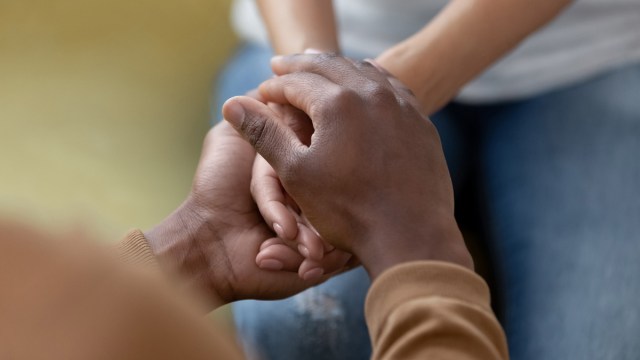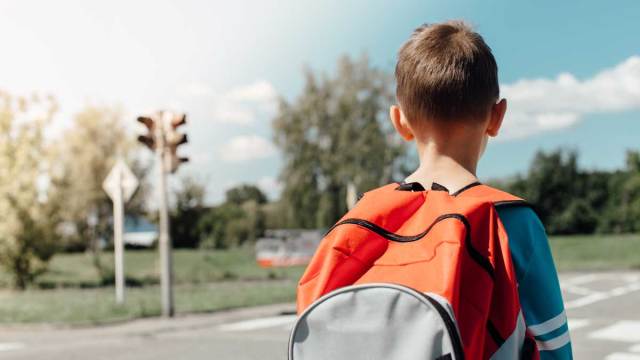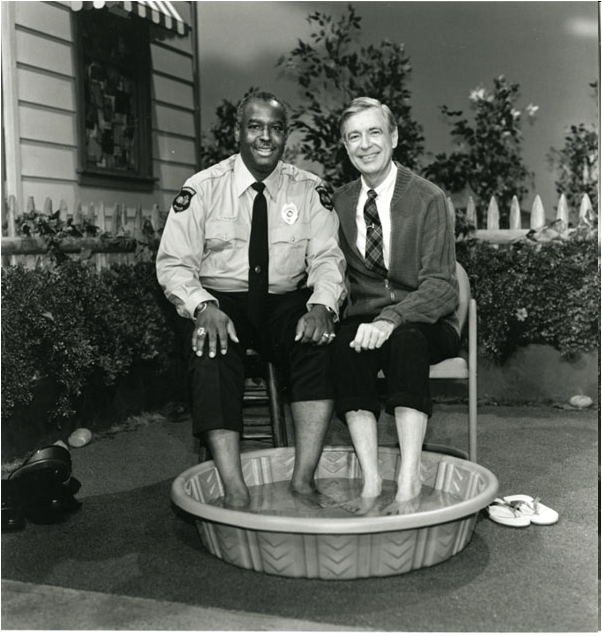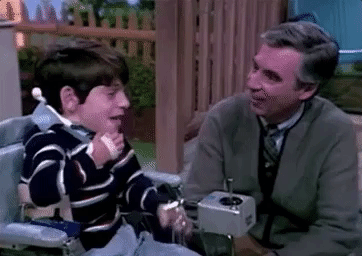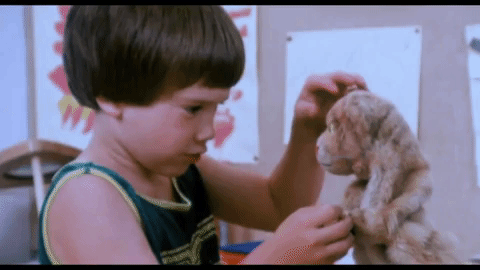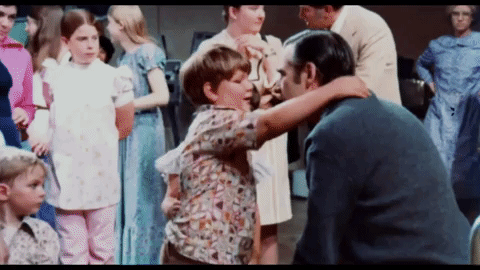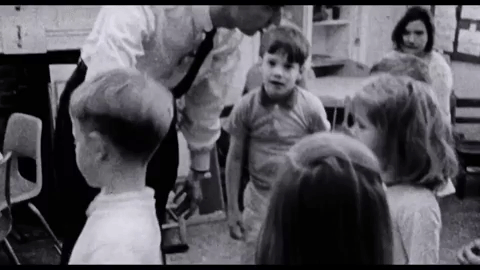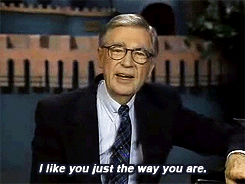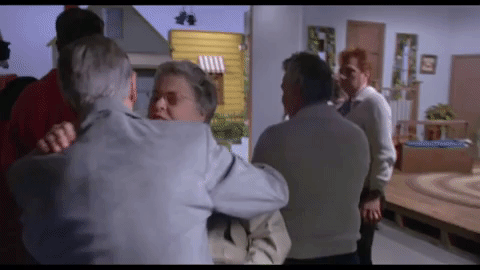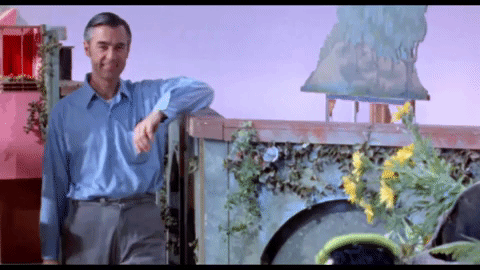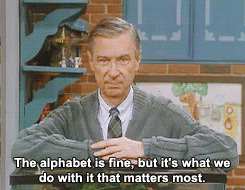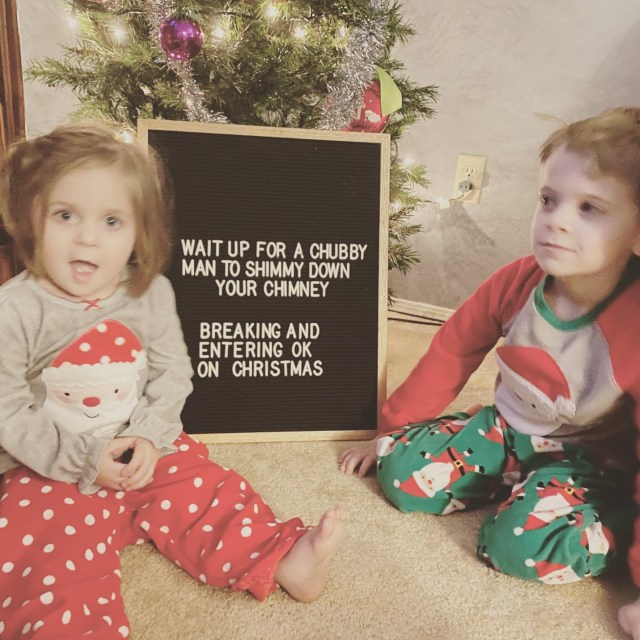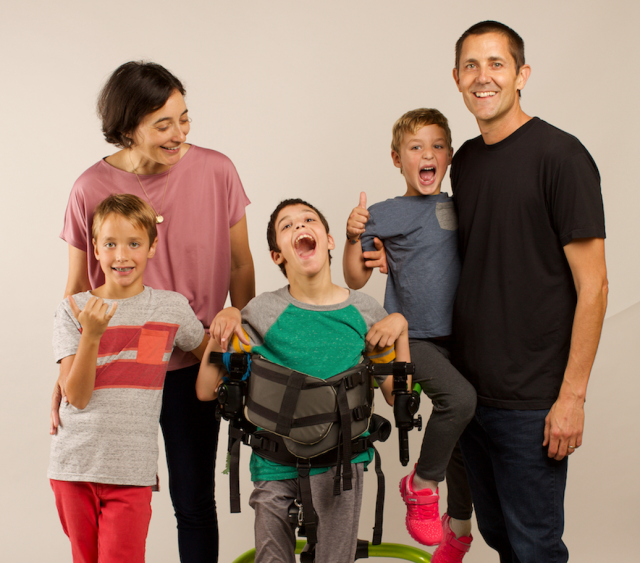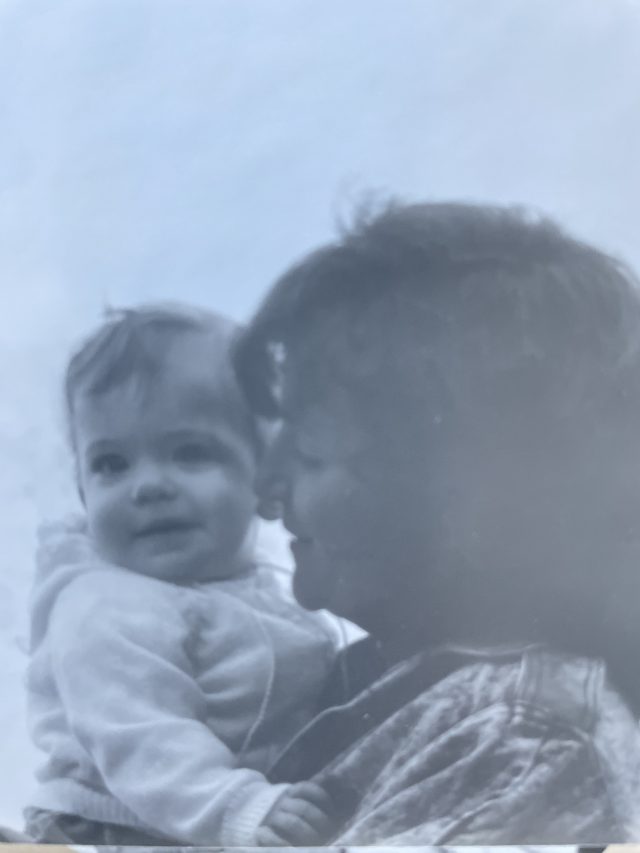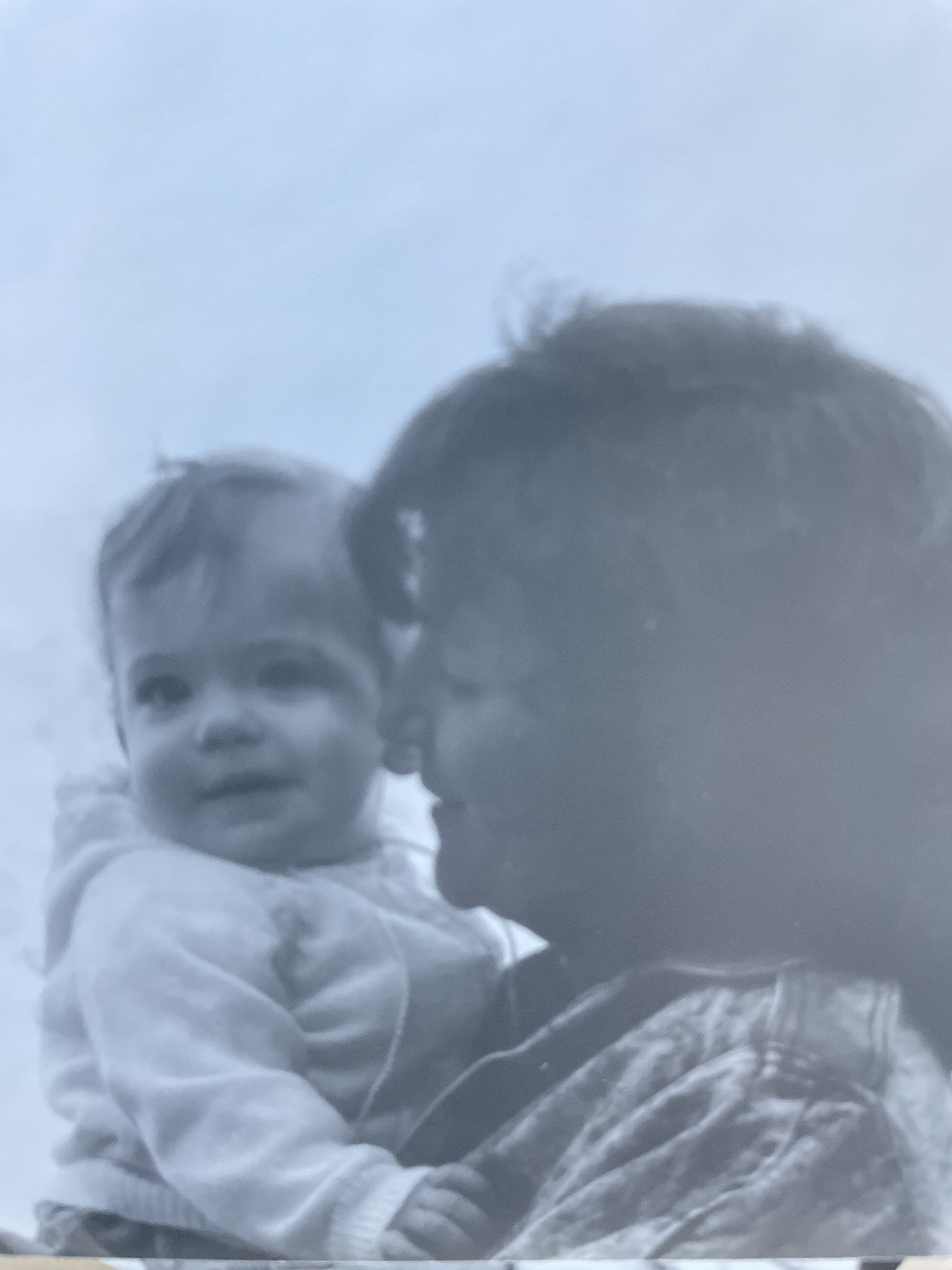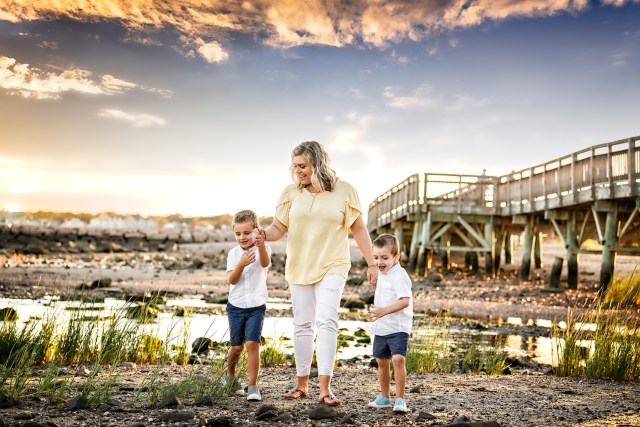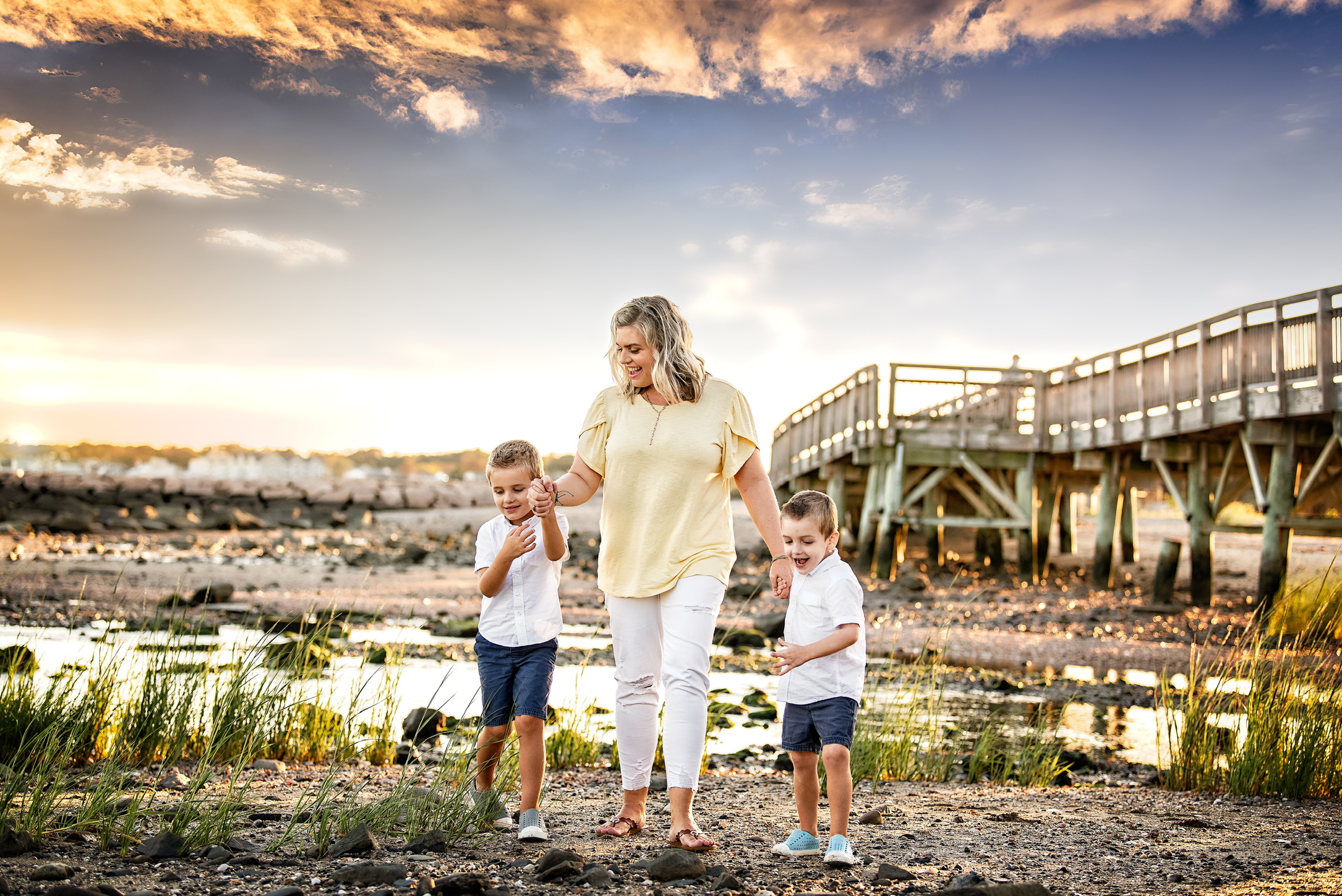When the unthinkable happens and you lose a pregnancy and your unborn child, the grief is indescribable. Somehow the experience allows a simultaneous heaviness and emptiness to coexist within your being. While pregnancy loss is heartbreaking, there are added layers of complexity that make the loss so much more devastating and thereby harder to share.
So often, women tie their identity and self-worth with their ability to conceive and carry a child to term especially when infertility plays a role in the journey. Women who experience pregnancy loss grapple with failure as an inherent part of the process. When I lost my twins during the second trimester, I felt as if my body failed me and I failed my babies and my husband. A woman who is dealing with a pregnancy loss is not only grieving the loss of the child she never had the pleasure of knowing and the loss of her expectations and dreams but also dealing with their tortured sense of self-worth.
For many months after my loss, I lacked any desire to return back to the real world and preferred the comfort of my bed in my darkened room, which matched the dark emptiness I felt inside. It can feel impossible to fathom the idea of one day climbing out of this black hole of sadness. Take comfort in knowing that this “someday” will eventually make its way to you when you are ready. Below are some nuggets of wisdom from my own experience with loss and how I have coached my fertility mindfulness clients dealing with their own struggles through pregnancy loss.
1. Give Yourself Permission. Allow yourself space and time to heal. There is no set timeframe in which you need to move on. Do what you need to do for yourself during your time of grief and detach from the pressure to “get better” based on other people’s timelines and expectations. You do not owe anyone an explanation for your grief and recovery process.
2. Seek Support. There are days when we are okay with the isolation and then there are days when we need a helping hand to save us from the sadness. During those moments, reach out to your support group in whatever form that may be for you—your partner, therapy, online groups/communities, friends, and family. Support groups, whether in person or online, are a great way to remind you that you are not alone and someone out there understands what you are going through. If you are going through secondary infertility, a hug from your child can be powerful enough to break down the walls you have built around yourself and envelop you in love.
3. Honor & Acknowledge Your Pregnancy and Baby. You don’t have to get through it quicker just because you were “only pregnant for X number of weeks” or because you “already have X number of children.” If it helps you through your process of grief, find a way to honor your pregnancy and baby. Perhaps share your story to raise awareness and help end the stigma of pregnancy and infant loss.
4. Manage Triggers & Set Boundaries. It’s okay to say no to anyone and anything that could trigger you. Your mental and emotional well-being is fragile so give yourself permission to set boundaries on things like social media, gatherings, certain friends, and family. If you need help doing this, enlist your partner in this important task. If you are going through secondary infertility and lose your pregnancy, people can sometimes say insensitive comments about the fact that you already have a child. Remember that just because you have a child, your loss is no less significant and should not be diminished. In these instances, set boundaries for what people can say to you and ask your partner to help ensure this need is met. No one has the right to justify how you should feel or what you should do.
5. Get Distracted. Consider going away whether it’s for a quick drive or a long weekend. Other people find it helpful to take up a hobby that requires focus and allows for personal growth. Take little steps in your grief process as you start to do other things. These distractions can help stop the cycle of negativity and despair in which you are trapped. Returning back to your role whether in work or in family life can give you a purpose outside of your fertility and feeling defined only by your quest to have a child.
6. Take Back Control. If you need some form of control to help ease the overwhelming nature of your situation, one way to take back some semblance of control is to come up with a plan. Work with your medical team to evaluate what happened, and to discuss options and next steps. Knowing that you have a defined road map can help to ease a bit of the stress and anxiety that is a part of your loss. Another way to feel like you are in control of your situation is to use breathing techniques to help you move your state of mind and body from a state of stress to a state of calm. For example, do a 16-second breath count —4 seconds each—inhale, hold, exhale, hold. Repeat as necessary.
If you are in the process of grief right now, please remember that this loss is not your fault. You are worthy and capable and so very brave. As you grieve your loss in silence, take all the time you need to heal your mental and emotional well-being. All of your feelings are valid and worthy of being fully expressed. One day, when the time is right for you, hope will make its way back to you. Until then, know that you are not alone. I see you and I am so sorry for your loss.
